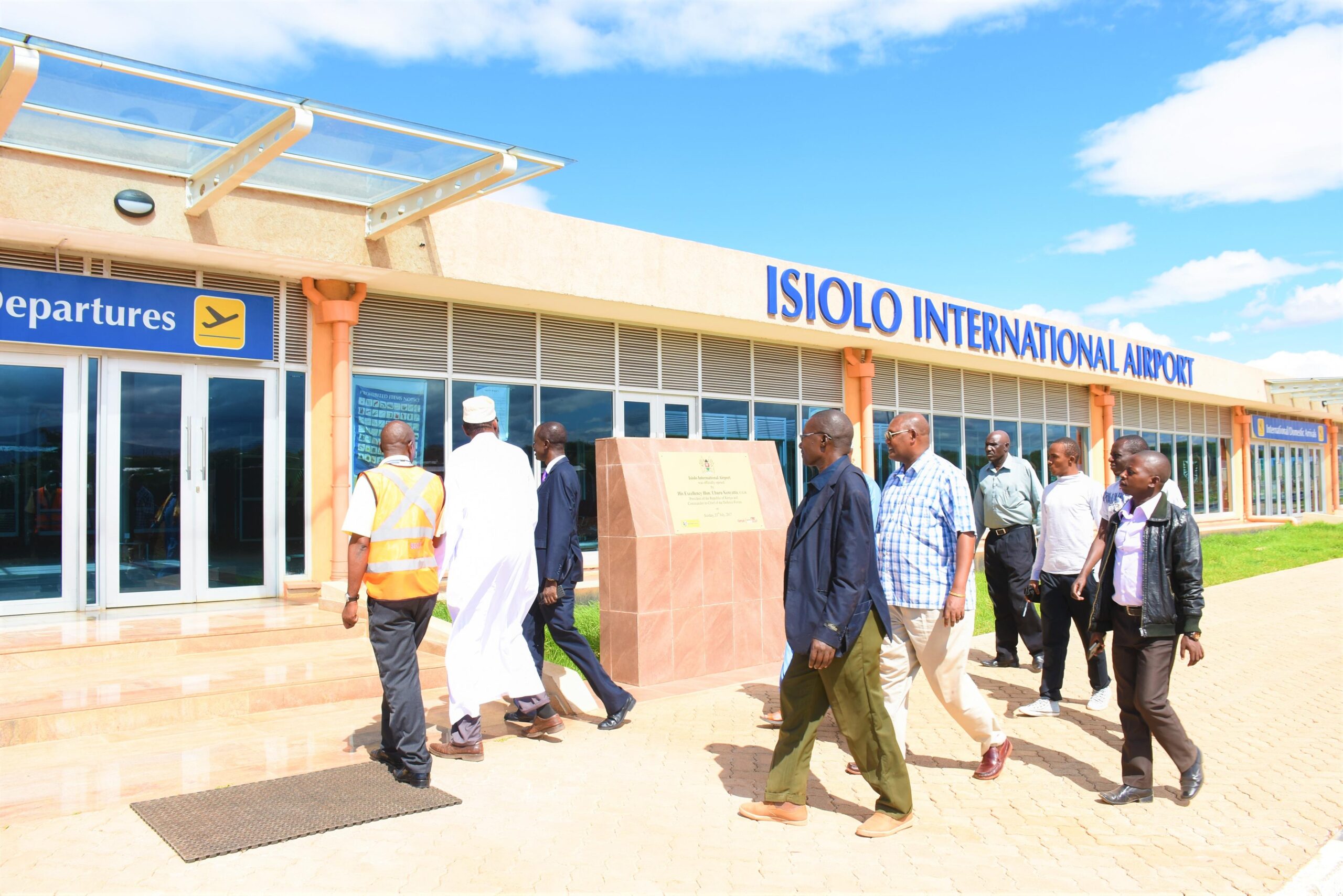The Kenya Airports Authority (KAA) has been asked to compensate some Isiolo residents a whooping Sh413.9 million over violation of their rights to property by displacing them to pave way for the expansion of Isiolo International Airport.
The Environment and Land Court in Isiolo further directed the Lands Cabinet Secretary, Attorney General, National Land Commission (NLC) and the KAA to place each of the 189 residents who filed the case to their respective parcels of land as allocated during a balloting exercise within a period of 90 days.
“I find that the petitioners (residents) have been rendered homeless for close to 20 years, they deserve compensation. I will award them a modest sum of ksh 300, hardly enough to purchase two packets of maize flour, for each day the infraction of their rights to enjoy their property has subsisted,” ruled Justice Peter Njoroge.
Justice Njoroge added that the people have been landless for close to 20 years which has made most suffer.
“The petitioners were relocated from their land and for close 20 years have remained landless as they were unable to access the land intended for their compensation. This is an unmitigated denial of their right to own and enjoy their property,” Justice Njoroge ruled.
He further continued to add that it was in their responsibilities to ensure that every petitioner (residents) is fully compensated.
“Although an attempt was made to compensate them, there was no full and prompt compensation,” ruled Justice Njoroge adding that the 20 years delay exacerbates the indignity the petitioners have been subjected to.
The Isiolo residents told the court that they were among more 1,000 people whose lands were taken compulsorily by the government to expand the airport.
The Cabinet Secretary (CS) lands, AG, and KAA argued that the petitioners had not demonstrated how their fundamentals rights were violated and that they (Petitioners) did not show the size of the affected parcels of land about each of them.
The court further ruled the failure of the NLC to resolve the issue for 20 years debunks the argument that the petitioners had not exhausted local remedies.

